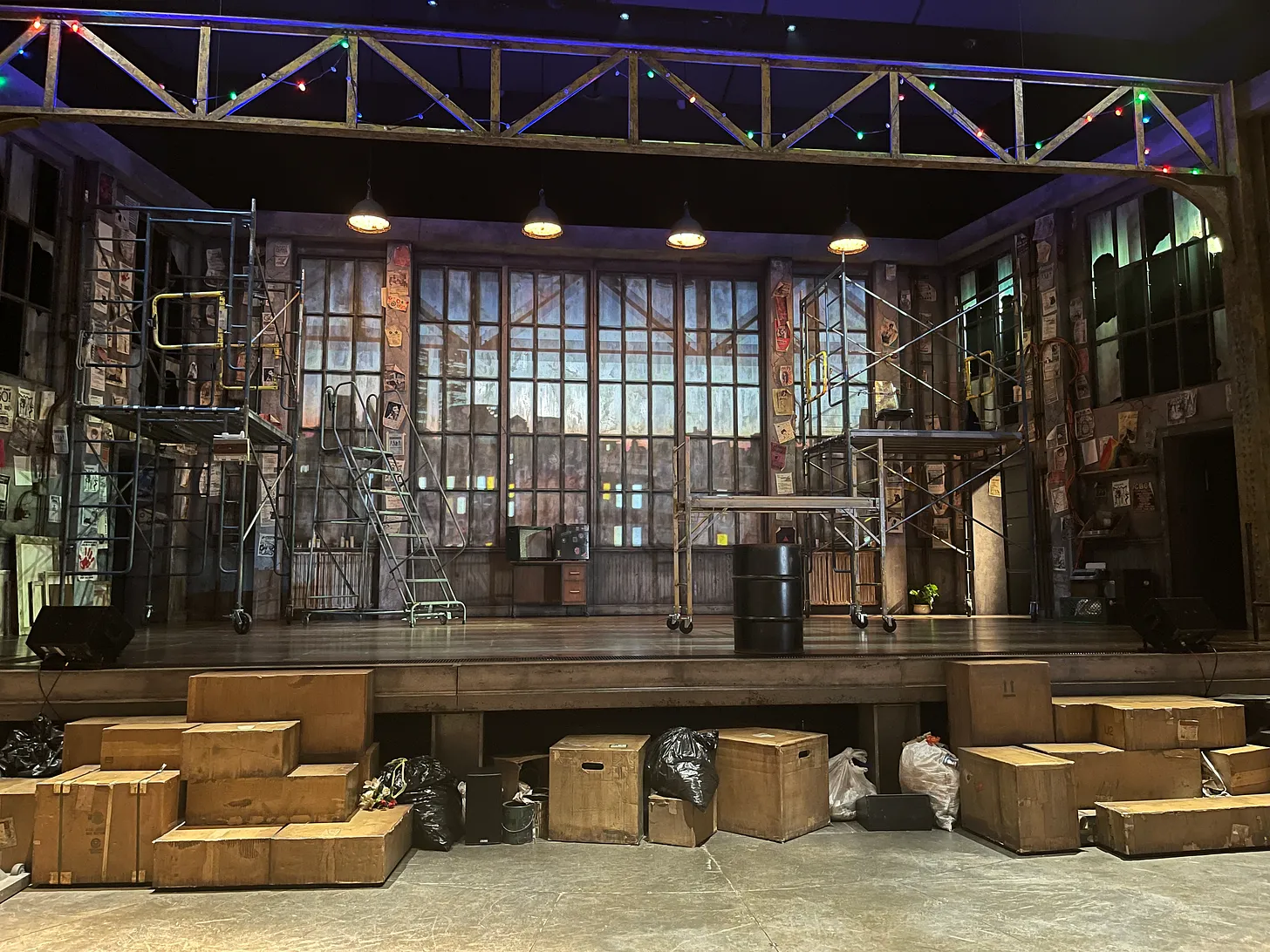I’ve just returned home from my 25th annual trip to the Ashland Shakespeare Festival with the same group of women (The Ashies) to see plays and eat and talk and wander. Every year I leave Ashland surprised by something. It happened again this year.
The beloved festival has suffered through the pandemic and the fires and the economy, just like other businesses and nonprofits. But it also suffered from a uniquely destructive controversy related to their previous artistic director Nataki Garrett’s choice of plays and actors, particularly the fact that she interpreted old plays in fresh ways (which has always been true at Ashland). Frankly, her race may have made some people chafe aggressively against things they’d previously accepted.
Tragically, Garrett received a number of death threats and had to leave her leadership role. Terrible. But the theatrical plans she’d made were still in motion this season, including the versions of Three Musketeers, Rent, and Romeo and Juliet we saw. All of those productions relied on diverse actors, directors and themes, while still leaning into their historic roots. They were all terrific. Some of the best I’d seen.
What surprised me? The reaction of the audiences, mostly full of high school, grade school, and college age students. They stood and roared their love of the plays, mobbing the actors afterward with questions and applause. It was moving and surprising to see the fresh, emotional reactions of young play-goers to the contemporary twist on old stories.
I guess I should clarify. I wasn’t exactly surprised at the truth that change is good so much as I was reminded of it. Something I need to remember as I return to my work in progress.
Change is good. Change is good. Change is good.
Subscribe to my newsletter for more.

Leave A Comment